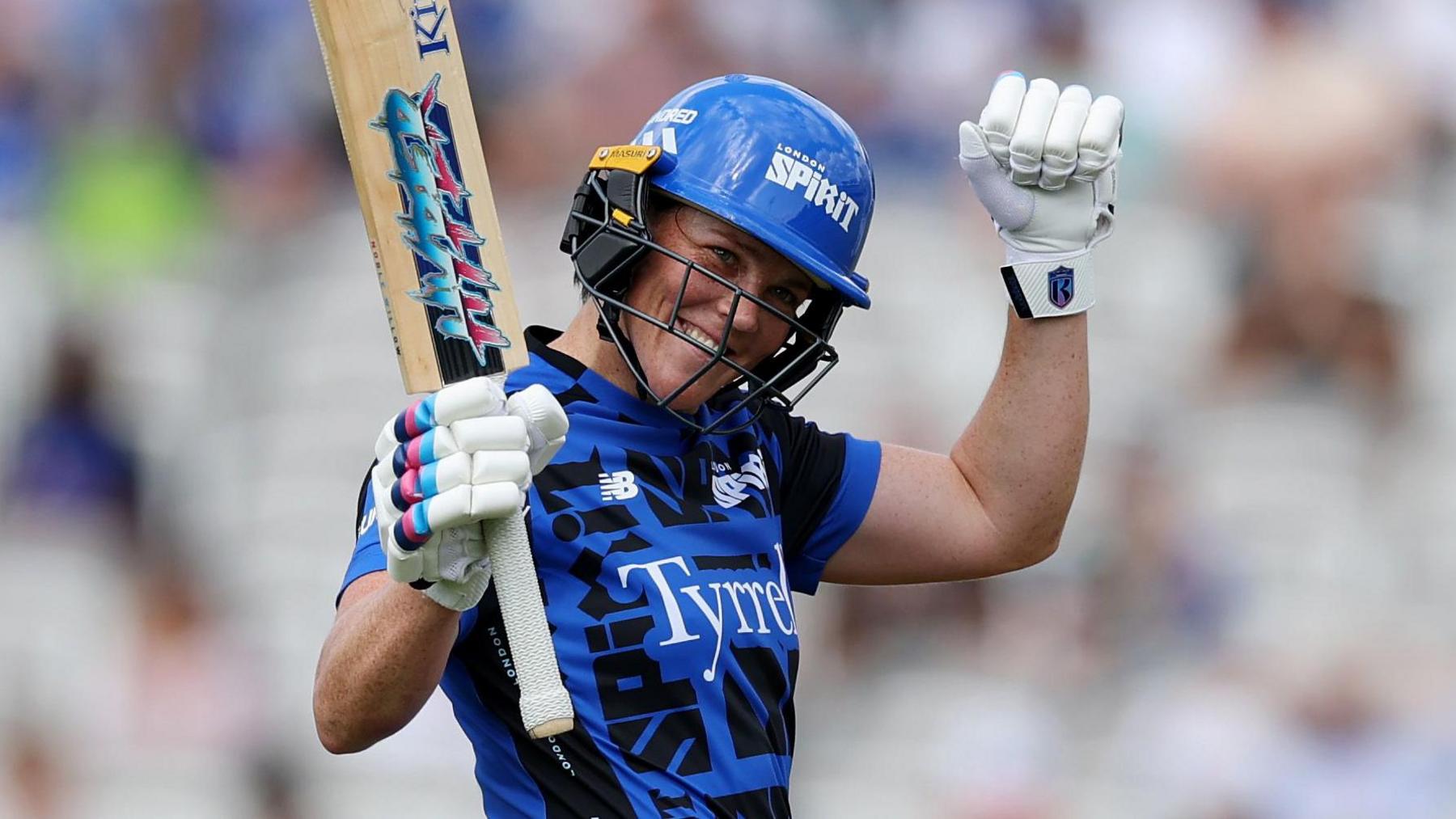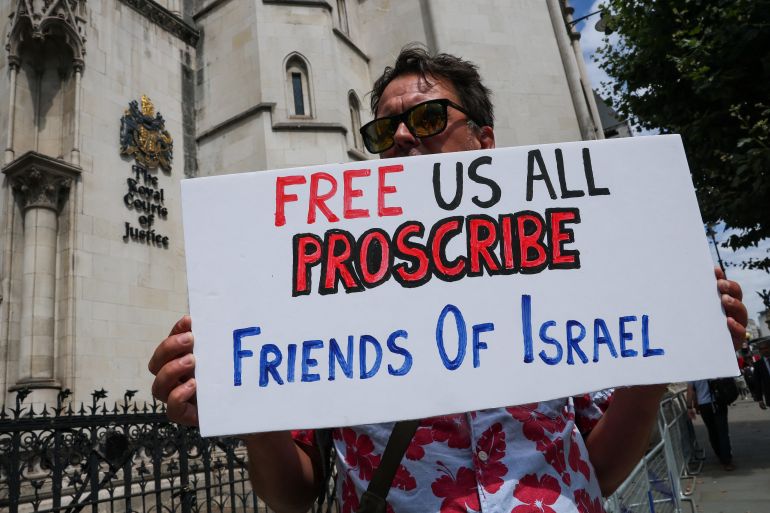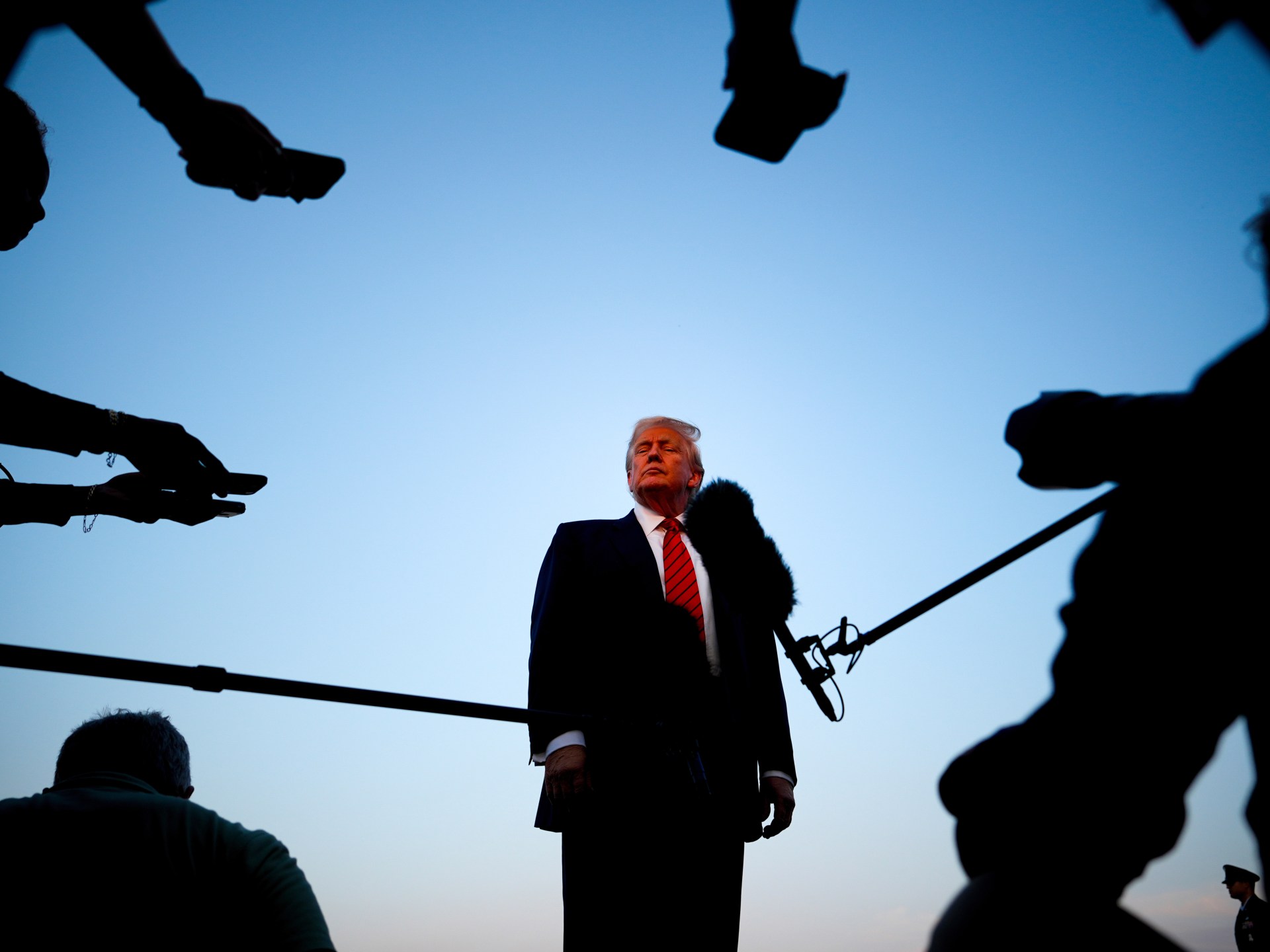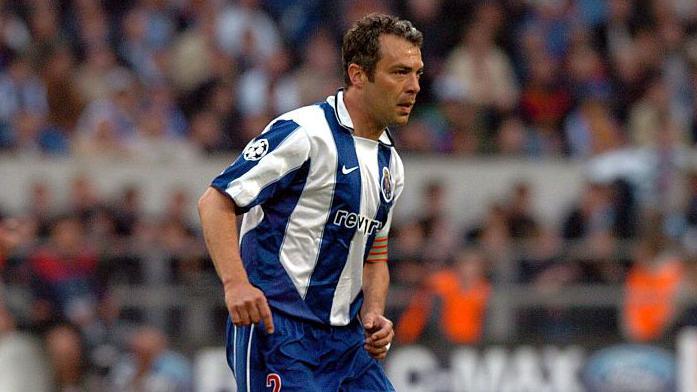Ed Sheeran has shared a teaser for his brand new music video, A Little More, which features the Harry Potter franchise’s very own Rupert Grint in a surprise cameo role
Ed Sheeran has teased fans with a snippet from his ‘utterly bonkers’ upcoming music video for A Little More, which will see the return of his ‘stalker’, Rupert Grint. The award-winning musician took to Instagram to share a short clip of Harry Potter star Rupert looking worse for wear as he walked out of prison.
Rupert previously appeared in Ed’s Lego House music video in 2011. In the Lego House video, Rupert was seen seemingly portraying Ed. He’s see writing song lyrics, lounging on a tour bus before going on stage in front of a cheering crowd. However, after getting on stage, security tackles him and the viewer immediately realises Rupert is just an obsessive fan.
He becomes more obsessive as the video continues, and the video ends with the two running into each other as Rupert is forcibly removed from the music venue. It comes after Mel B’s ‘spiritual’ Moroccan wedding with non traditional dress.
READ MORE: Ed Sheeran lists favourite movie of all time – but not everyone’s on boardREAD MORE: Ed Sheeran reveals horror threat to daughters after crazed fans try to break into his home
With the short glimpse of the new music video, it seems Rupert spent the last few years in prison and is finally a free man. An excited Ed shared the teaser on Instagram and wrote: “4 years later me and @rupertgrint are reunited. I had this wild idea after writing the song, and thankfully Rupert was up for it.
“It’s an utterly bonkers video for a very upbeat, fun, but angry song. Think this one is gonna be a lot of people’s fav song from Play. Out Thursday, watch out for more stuff coming.”
After walking out of the prison doors, a selection of old clips from Lego House played before the words Rupert was seen walking down the street. It is then revealed the music video is coming out on 7 August.
Fans were obsessed with Rupert and Ed reuniting for the video, with one user writing in the comment section: “Omg he was on prison all these years.”
Another posted: “I’m so excited for this because when the Lego House video came out I was a huge Rupert fan at the time and that’s what introduced me to Ed’s music.”
“Lego house is one of my favouritesss, super excited for a little more!!!?!” one delighted fan commented and one person added: “14 freaking years ago. We’re all getting old over here. Mad.”
Lego House was released in November 2011 as the third single of his debut studio album, +. Meanwhile, A Little More is from his upcoming album, Play, which also features hit song, Azizam, Old Phone and Sapphire.
The album is due to be released on 12 September.
Follow Mirror Celebs on TikTok, Snapchat, Instagram, Twitter, Facebook, YouTube and Threads.
READ MORE: ‘I lost 4 stone in a year but still eat takeaways by changing just two things’READ MORE: Samsung fans pick up £9 a month Galaxy Watch7 – plan costs pennies per day









